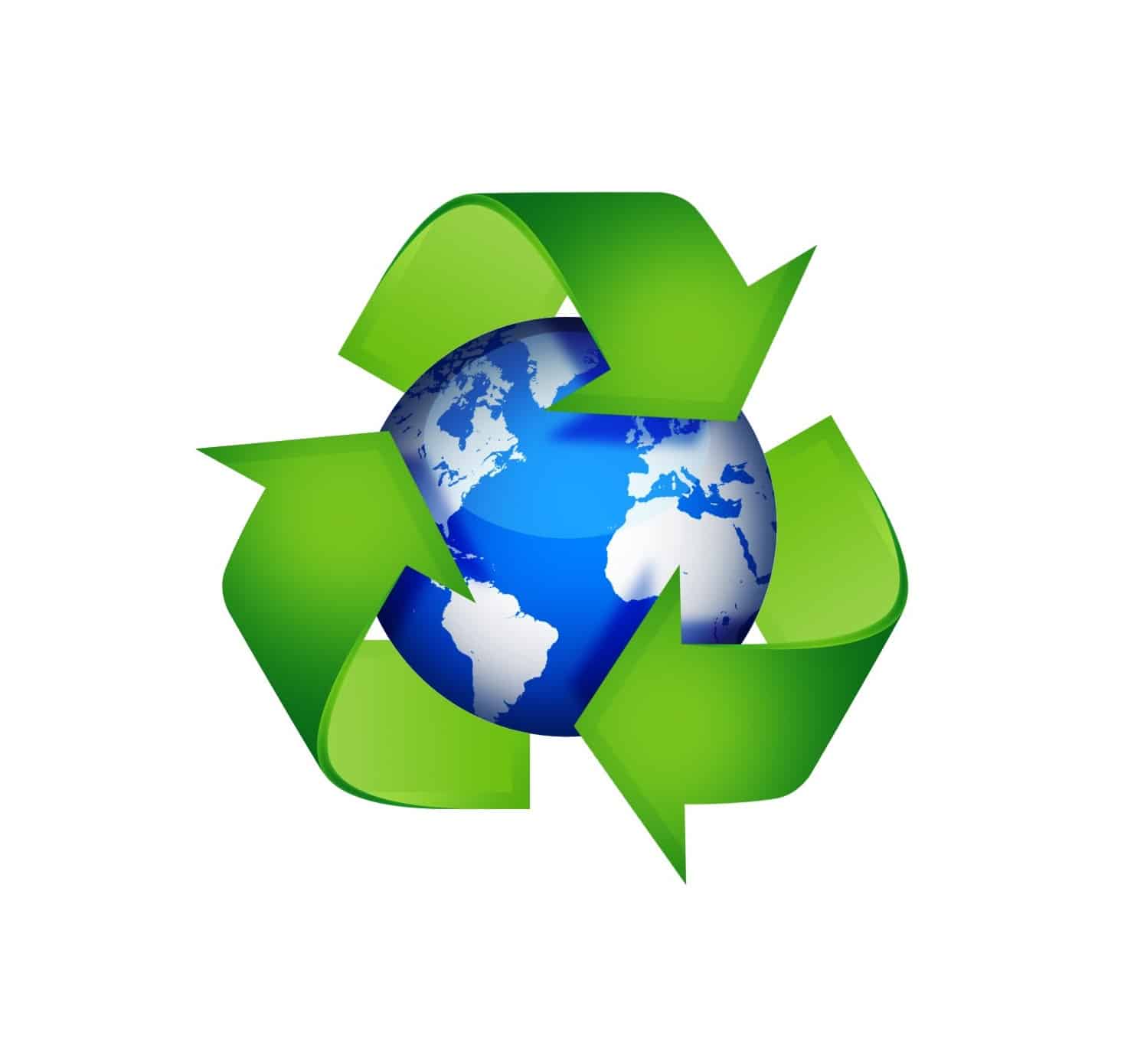
It was possible to see what the past year has evolved in all sectors, especially in the fashion sector, but the concept of sustainability continues its life as an indispensable and challenging concept for brands.
Whereas the pandemic continues to take place as a disaster in our lives, since most brands are not resilient enough for environmental disaster, they try to focus on issues that foster sustainability such as recycling, human rights, labour rights, emission in production and try to seek new strategies.
It is a fact that there has been an ongoing effort among brands. Considering the direction the world and the consumer are taking, this effort is essential for brands to survive. However, the fact that there are still brands trying to use the concept of sustainability as a strategy to grow further and become more resilient puts out trust in question for the fashion sector. Therefore, 2021 seems to serve as an important breaking point, because now fashion has to prove itself to consumers with concrete steps.
Scaling Recycling and Circularity
Firms have been speaking about methods to reduce the amount of waste, to maintain stocks in circulation for longer for years but the real driving force in the sector to search for different financial ways to manage these has been the pandemic that hit all in 2020.
The second-hand market had been growing before all of these changes hit the style but with the consumers’ growing interest in being sustainable, the market has piqued the curiosity of luxury brands along with this process. Groups like the LVMH group had to focus on how this market would affect their brand value.
On the other hand, Gucci got its hand in this market that all luxury brands avoided for years and collaborated with the RealReal, an important supplier site of the second-hand market, for their online reselling shop. Levi’s and COS has also launched their own resale options. This means that they have started to realize that brands can only exist by investing seriously in conscious and sustainable methods and by appealing to consumer’s rising awareness on environmental issues.
Social Justice
Protecting nature and extending the life of the world is important. Protecting human rights and giving the rights they demand to the labour force in the fashion industry is just as important. Because at the end of the day, human is also a part of nature.
From the UK to Bangladesh, from Pakistan to China, the violation of labor rights in the textile and fashion sector is under the scrutiny of both consumers, business figures and decision makers. In the last few years, human rights advocates as well as trade unions and lawyers have been on the hunt for this longstanding problem. Their demand is these employees get their payments and to elevate their work space to humanitarian standards.
The main problem is that all of these are very difficult to trace. It is not possible to determine exactly what kind of system works at any factory in varying countries and also not possible to determine where improvements are claimed to be made is really carried out or is just a publicity stunt.
However, in a current era where information spreads faster as a result of customers being more concious today, companies try to be more cautious against every illegal action. Consumers now prefer environmentalist and innovative brands where sustainability, diversity and social justice can find space. Being able to improve our world and slow down the way we live has become the main need of both the industry and the customers more than ever.
The next 12 months, by presenting new challenges, seems to enable the industry to take the step that has not taken for years, by unprecedented alternatives. It is certain that 2021 will shed more light on all of these in a time we both try to handle environmental and social issues and a pandemic.
If you are interested in studying sustainability, check out our Bachelor Fashion Sustainability.